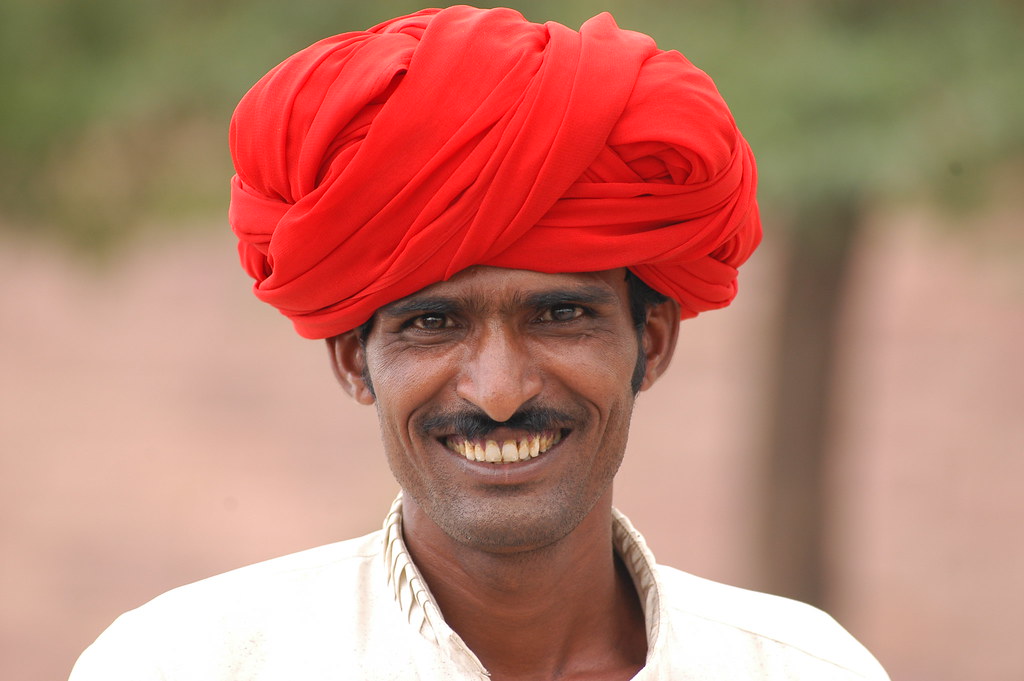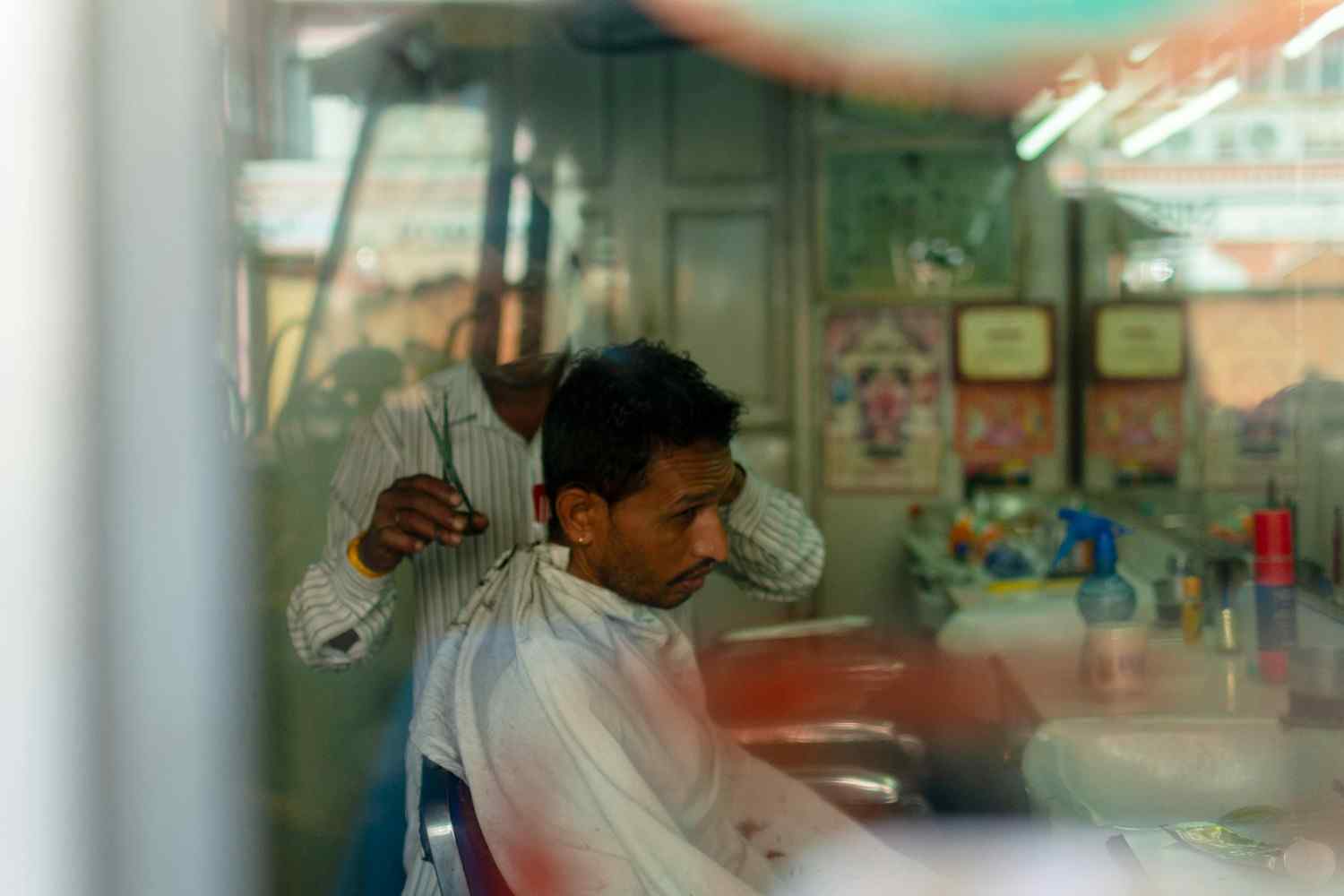| Jaipur is a multicultural city with a mix of Rajputs, Marwadis, Jains, Punjabis, and other communities; while Marwadis have a strong presence in business, Jaipur’s heritage is deeply rooted in Rajput culture and history. |
Jaipur, the capital of Rajasthan, is often assumed to be a Marwadi-dominated city.
Many visitors and even Indians from other states associate Jaipur with the Marwadi community, given their strong presence in business and trade.
But is Jaipur truly a “Marwadi city,” or is it a multicultural hub with diverse communities?
This article will explore Jaipur’s demographics, historical influences, and cultural identity to answer the question: Are Jaipur people Marwadi?
Understanding the Term ‘Marwadi’

Who Are Marwadis?
The Marwadi community originates from the Marwar region of Rajasthan, which includes districts like Jodhpur, Pali, Barmer, Jaisalmer, and Nagaur.
Historically, Marwadis were known for their sharp business acumen and financial skills, which helped them establish themselves as leading traders, bankers, and industrialists across India.
Languages Spoken by Marwadis
- The primary language spoken by Marwadis is Marwari, a dialect of Rajasthani.
- Many Marwadis also speak Hindi and English, especially in cities like Jaipur.
Major Contributions of Marwadis in India
The Marwadi community has produced some of the most influential business families in India, including:
- Birla Group (Aditya Birla Group)
- Bajaj Group (Rahul Bajaj & family)
- Jhunjhunwala Family (Late Rakesh Jhunjhunwala – Stock Market Investor)
Given their strong presence in the economy, it is no surprise that many assume Jaipur is dominated by Marwadis.
Are Jaipurites Really Marwadi?
Jaipur’s Demographics
Jaipur is a multicultural city with a mix of various communities.
The main ethnic groups include:
- Rajputs – The original rulers and warriors of Jaipur.
- Brahmins – Priests and scholars with deep cultural roots.
- Jains – Business-oriented families with a significant presence in Jaipur.
- Muslims – A large and historic community, with significant contributions to architecture and cuisine.
- Punjabis & Sindhis – Migrants who have established themselves in business and trade.
Marwadi Influence in Jaipur
While Marwadis have a strong presence in Jaipur, they are not the only dominant community.
However, their influence can be seen in:
- Business & Trade – Many large business houses in Jaipur are owned by Marwadis.
- Real Estate & Construction – Many Marwadi families invest in Jaipur’s booming real estate sector.
- Jewelry & Textile Industry – Jaipur’s famous Johri Bazaar and textile markets are largely dominated by Marwadi traders.
But Jaipur is Not a Marwadi City Alone
Despite Marwadi influence, Jaipur is historically a Rajput city.
The city was founded by Maharaja Sawai Jai Singh II in 1727, a Kachwaha Rajput ruler.
The forts, palaces, and temples reflect Rajput culture and traditions, making it clear that Jaipur is not exclusively a Marwadi city.
Why Do People Associate Jaipur with Marwadis?
Historical Trade Routes
Jaipur has always been an important trade hub.
Due to its strategic location between Delhi, Gujarat, and Rajasthan, Marwadi traders migrated to Jaipur centuries ago, setting up businesses and becoming an integral part of the city’s economy.
Marwadi Dominance in Business
- Most of Jaipur’s famous markets (Johri Bazaar, Tripolia Bazaar, Bapu Bazaar) are run by Marwadis.
- The city’s gold, gemstone, and textile industries are dominated by Marwadi traders.
- Many of Jaipur’s modern business tycoons belong to the Marwadi community.
Similar Culture & Traditions
Jaipur and Marwar share some common traditions, making it easy for outsiders to assume that Jaipur is a Marwadi city.
Some shared cultural elements include:
- Festivals: Both communities celebrate Teej, Gangaur, and Diwali with grandeur.
- Food: Marwadi food (like Dal Baati Churma) is widely available in Jaipur.
- Attire: Traditional Bandhani & Leheriya sarees are popular in both Jaipur and Marwar.
The Cultural Diversity of Jaipur
Jaipur is Not Just About Marwadis
Jaipur is home to multiple communities that contribute to its rich heritage:
- Rajputs – The royal lineage of Jaipur, known for their forts and palaces.
- Jains – A strong community involved in business and philanthropy.
- Muslims – Key contributors to Jaipur’s architecture, handicrafts, and cuisine.
- Punjabis & Sindhis – Migrants who have made Jaipur their home.
Languages Spoken in Jaipur
- Hindi – The most widely spoken language.
- Rajasthani & Marwari – Spoken in specific areas.
- English & Punjabi – Common in business and modern social circles.
Jaipur’s cultural diversity is what makes it a true melting pot of traditions.
So, Are Jaipur People Marwadi?
- Jaipur is a diverse city with a mix of multiple communities.
- While Marwadis have a strong presence, the city’s heritage is deeply rooted in Rajput culture.
- Jaipur is not just a Marwadi city, but a multicultural hub where Marwadis, Rajputs, Jains, and many other communities coexist and contribute to its identity.
Final Verdict:
Jaipur has a significant Marwadi population, but it is not exclusively a Marwadi city.
It is a fusion of multiple cultures, with Rajput, Jain, Muslim, and Punjabi influences shaping its history, architecture, food, and festivals.

